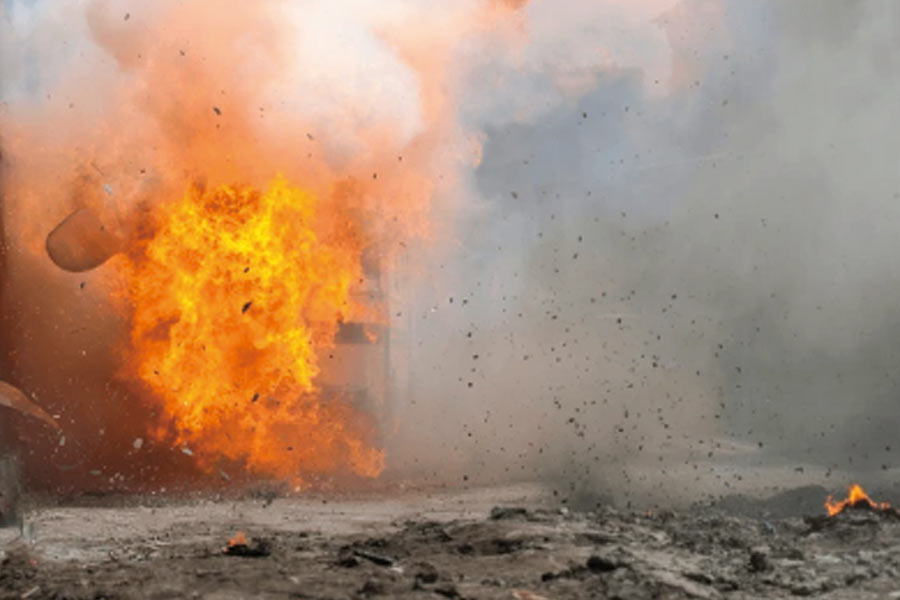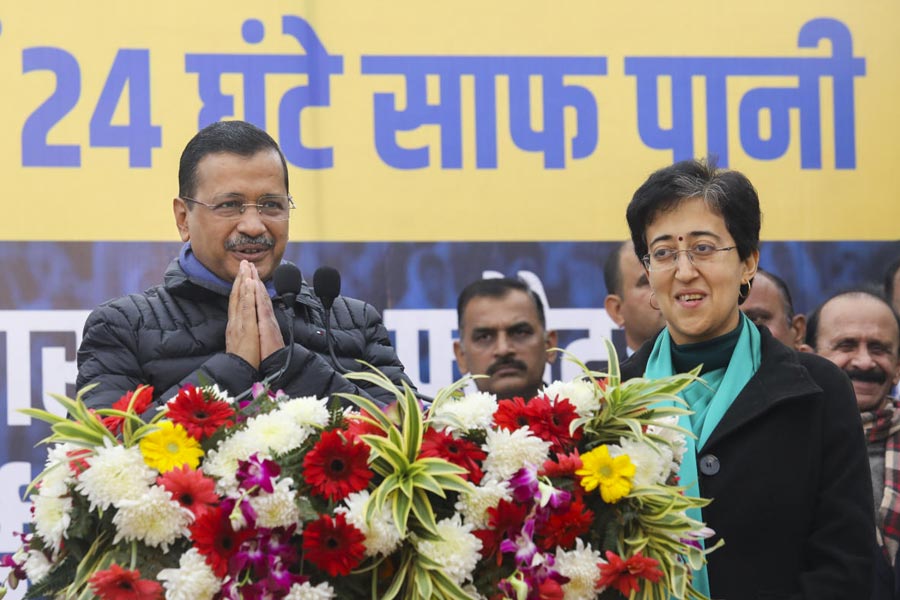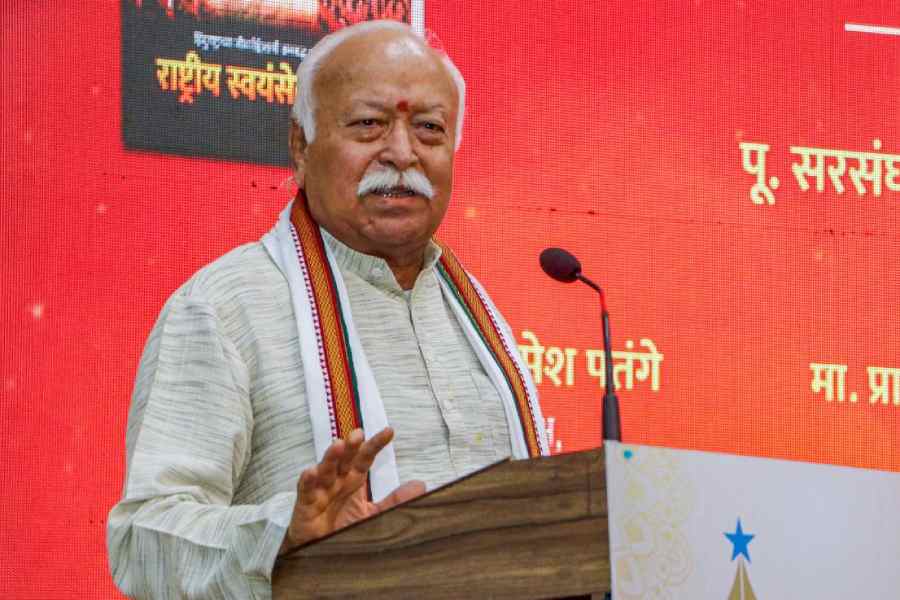Time is of the essence, especially for those waiting for justice. The urgency of the adage becomes all the more evident when the highest court of the land has to remind a subordinate court of this. In view of the long pendency of criminal cases in the Allahabad High Court, the Supreme Court of India recently ordered the registration of a suo motu case to consider laying down guidelines to resolve the accumulating crisis. In fact, in this rare instance of the apex court censuring a high court, the former was scathing in its criticism and a strict deadline has been issued for the registration of the proceedings. The Supreme Court’s censure is not without reason. Data reveal that considering the fastest rate of case disposal at the Allahabad High Court, the average waiting period to get justice in criminal appeal against conviction by trial courts is around 35 years, since more than 1.83 lakh appeals are pending before it — this, assuming no new appeal, filed in the future, is entertained out of turn. Bail, the Supreme Court has reiterated time and again, should be the norm, not jail. But it is evident that not only elected governments but also crucial tiers of the judicial apparatus are not paying enough attention to this.
Although the apex court has pulled up the Allahabad High Court in this instance, it must be stated that pendency is not unique to any one court in particular. It is an all-pervasive phenomenon. Around 70 per cent of prison inmates in India are undertrials. The worst sufferers, as always, are the marginalized communities — Dalits, religious minorities and adivasis. Their plight is often compounded by inadequate access to legal counsel. The apex court has, therefore, rightly advised the Allahabad High Court to put in place a mechanism such that if an accused approaches the high court for bail, the application, at the very least, gets listed. But the causes of delay need not lie at the door of the judiciary alone. The Centre has been notorious for sitting on collegiums’ recommendations for the appointment of judges, the net result of which is the clogging of the courts with an unprecedented number of cases. Pendency in Indian courts has reportedly touched the figure of 4.5 crore. The existing gaps must be addressed on a war-footing in order to ensure that the wheels of justice turn quickly.











